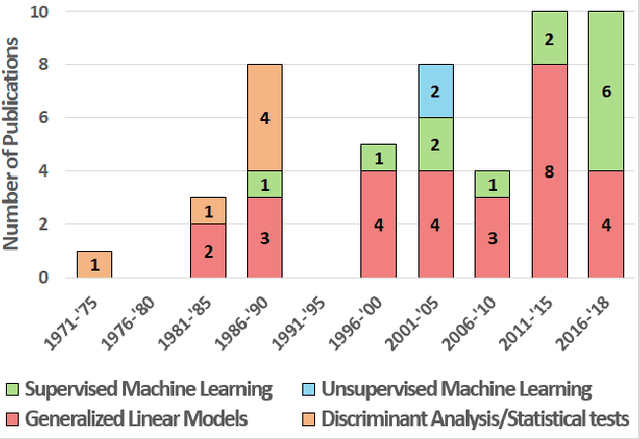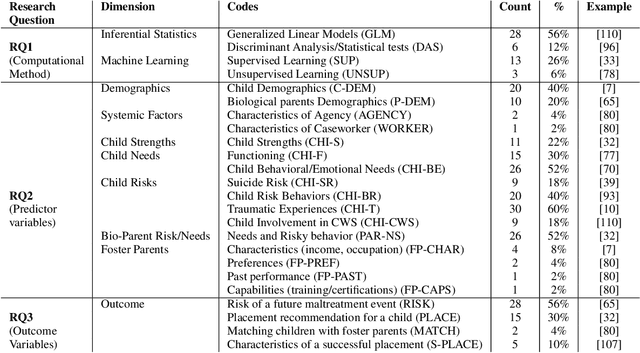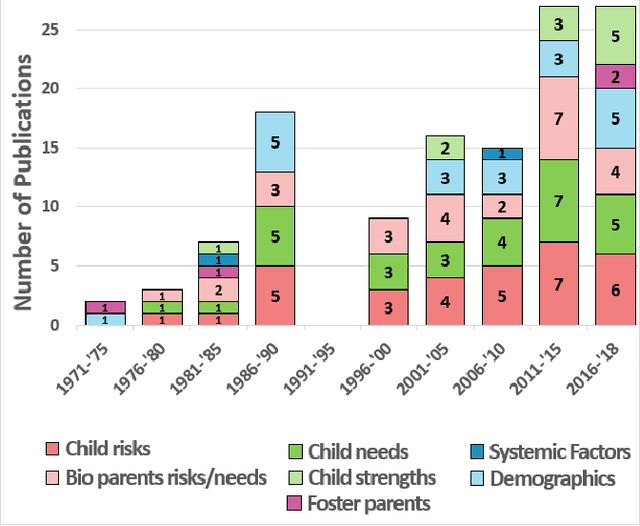Karla Badillo-Urquiola
CoCo Matrix: Taxonomy of Cognitive Contributions in Co-writing with Intelligent Agents
May 21, 2024


Abstract:In recent years, there has been a growing interest in employing intelligent agents in writing. Previous work emphasizes the evaluation of the quality of end product-whether it was coherent and polished, overlooking the journey that led to the product, which is an invaluable dimension of the creative process. To understand how to recognize human efforts in co-writing with intelligent writing systems, we adapt Flower and Hayes' cognitive process theory of writing and propose CoCo Matrix, a two-dimensional taxonomy of entropy and information gain, to depict the new human-agent co-writing model. We define four quadrants and situate thirty-four published systems within the taxonomy. Our research found that low entropy and high information gain systems are under-explored, yet offer promising future directions in writing tasks that benefit from the agent's divergent planning and the human's focused translation. CoCo Matrix, not only categorizes different writing systems but also deepens our understanding of the cognitive processes in human-agent co-writing. By analyzing minimal changes in the writing process, CoCo Matrix serves as a proxy for the writer's mental model, allowing writers to reflect on their contributions. This reflection is facilitated through the measured metrics of information gain and entropy, which provide insights irrespective of the writing system used.
A Human-Centered Review of the Algorithms used within the U.S. Child Welfare System
Mar 07, 2020



Abstract:The U.S. Child Welfare System (CWS) is charged with improving outcomes for foster youth; yet, they are overburdened and underfunded. To overcome this limitation, several states have turned towards algorithmic decision-making systems to reduce costs and determine better processes for improving CWS outcomes. Using a human-centered algorithmic design approach, we synthesize 50 peer-reviewed publications on computational systems used in CWS to assess how they were being developed, common characteristics of predictors used, as well as the target outcomes. We found that most of the literature has focused on risk assessment models but does not consider theoretical approaches (e.g., child-foster parent matching) nor the perspectives of caseworkers (e.g., case notes). Therefore, future algorithms should strive to be context-aware and theoretically robust by incorporating salient factors identified by past research. We provide the HCI community with research avenues for developing human-centered algorithms that redirect attention towards more equitable outcomes for CWS.
 Add to Chrome
Add to Chrome Add to Firefox
Add to Firefox Add to Edge
Add to Edge